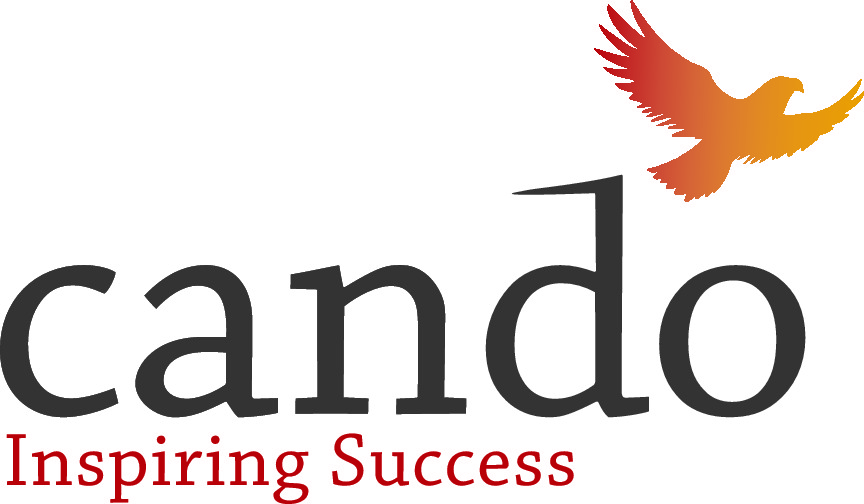Anishinaabe Bimishimo: An Indigenous Company that Understands the Sovereignty of Jingle Cones
DOI:
https://doi.org/10.54056/BELF1069Keywords:
Business And Economics, Communication, Community development, Competitors, Consumers, Cultural appropriation, Culture, Dance, Economic development, Employment, Ethnic Interests, Meaning, Native peoples, Older people, Small business, Sovereignty, Indigenous businesses, Indigenous businesses in Canada, Indigenous youth in business, Indigenous women in businessAbstract
Rooted in traditional values, community support and engagement, and ensuring that First Nation peoples' voices are represented, Anishinaabe Bimishimo strives to provide its jingle cone product with traditional respect. [...]Anishinaabe Bimishimo contributes to First Nation community development by providing inexpensive and locally produced jingle cones while offering its community members employment and training opportunities. [...]Anishinaabe Bimishimo's competitors Missouri River, McPherson, and Teton Trade Cloth have appropriated the jingle cone and have made an economic profit off its Indigenous consumers in which they disregard the sacred meanings, teachings, and stories associated with the jingle cone (personal communications, November 5, 2020). [...]the demand for jingle cones differs by geographic location. [...]once she realized jingle cones were manufactured in Taiwan, McKinney understood that such jingle cones did not have traditional meaning; therefore, she did not consider the sacred teachings of the jingle dress (personal communications, November 5, 2020). [...]before creating Anishinaabe Bimishimo, McKinney had to first consider elders' teachings, ask for approval from elders, and also consider community members' ideas (personal communications, November 5, 2020).
Downloads
References
Anishinaabe Bimishimo Website. (n.d.). Retrieved from https://anishinaabebimishimo.ca/
Brant, J. (2020, July 20). Cultural Appropriation of Indigenous Peoples in Canada. The Canadian Encyclopedia. Retrieved from https://thecanadianencyclopedia.ca/en/article/cultural-appropriation-of-indigenous-peoples-in-canada
Government of Canada. (2016, January). Small Business Financing Profiles. Retrieved from https://www.ic.gc.ca/eic/site/061.nsf/vwapj/youthprofile_eng.pdf/$file/youthprofile_eng.pdf
Grant, D. (2020). Indigenous designers in B.C. outraged over claims of authenticity by non-Indigenous competitor. CBC News. Retrieved from https://www.cbc.ca/news/canada/british-columbia/bc-chloe-angus-non-indigenous-fashion-designer-1.5742507
Johnson, R. (2020, March 21). Indigenous jingle dress dancing goes ‘viral’ on social media to help heal the world. CBC News. Retrieved from https://www.cbc.ca/news/indigenous/jingle-dressdance-healing-covid-19-pandemic-1.5504903
Legislative Assembly of Manitoba. (2019, April 23). DEBATES and PROCEEDINGS Official Report (Hansard). Published under the authority of The Honourable Myrna Driedger Speaker. Retrieved from gov.mb.ca/legislature/hansard/41st_4th/hansardpdf/43b.pdf
Statistics Canada. (2020, May 11). Canadian Survey on Business Conditions: Impacts of COVID-19 on Small Businesses in Canada. Retrieved from https://www150.statcan.gc.ca/n1/pub/45-28-0001/2020001/article/00018-eng.htm
Swan, J. (2018, March 1). Trump declares his trade war: targets steel, aluminum. Axious Outlet. Retrieved from https://www.axios.com/trump-declares-his-trade-war-targets-steel-aluminum-2f68d5fe-69ec-4872-b1d5-aaae28f7bf4b.html).
The Conference Board of Canada —Northern and Aboriginal Policy. (2017, February 14). Research Module 3: Barriers to Aboriginal Entrepreneurship and options to overcome them. The National Aboriginal Capital Corporations Association (NACCA) and Business Development Bank of Canada (BDC). Retrieved from Https://nacca.ca/wp-content/uploads/2017/04/Research-Module-3_NACCA-BDC_Feb14_2017.pdf
Weir, W. (2007). First Nation Small Business and Entrepreneurship in Canada. National Centre For First Nations Governance. Retrieved from http://www.fngovernance.org/resources_docs/First_Nation_Small_Business.pdf
White, K. (2016). “We Want Doors Opened, Not Slammed Shut” Aboriginal Economic Development Corporations and Public Policy: Case Studies from Saskatchewan. MPP Thesis, Saskatoon, University of Saskatchewan.
Downloads
Published
Issue
Section
License
Copyright (c) 2022 Cando

This work is licensed under a Creative Commons Attribution-NonCommercial-NoDerivatives 4.0 International License.




